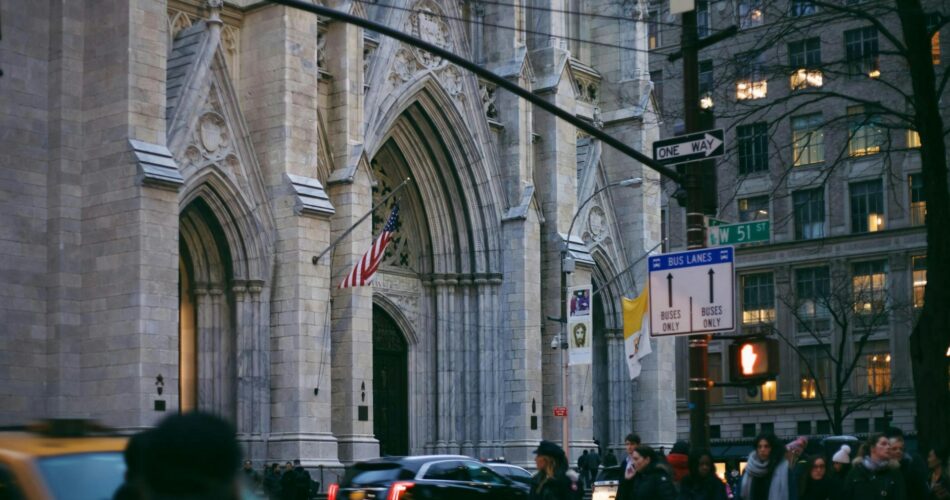The secret weapon is revealed.
A Christian researcher has raised concerns about the lack of engagement among churches in encouraging faith-based voters to participate in the upcoming 2024 presidential election. Craig Huey, a researcher with a marketing background and author of several books, including The Christian Voter, highlighted the significant impact that Evangelicals abstaining from voting had on the 2020 election results. He analyzed voter turnout in six critical swing states—Arizona, Georgia, Michigan, North Carolina, Pennsylvania, and Wisconsin—which are vital for securing electoral votes in both the 2020 and 2024 elections.
Huey’s findings indicate that approximately 6.9 million Evangelical voters in these swing states did not cast their ballots in 2020. Alarmingly, the number of Evangelicals who sat out the election surpassed President Biden’s victory margin in five of the six states he won. He estimates that around 84% of these non-voting Evangelicals would have supported Donald Trump, suggesting that their participation could have altered the election’s outcome. The researcher emphasized that these states collectively hold 87 electoral votes, making them crucial for any candidate’s success in the presidential race.
In a detailed analysis, Huey presented data revealing the specific numbers of Evangelicals who abstained from voting in each state, such as over 730,000 in Arizona and nearly 1.5 million in Pennsylvania. He warned that the same pattern could emerge in the upcoming election if pastors and church leaders do not actively mobilize their congregations. Huey argued that churches have historically played a pivotal role in American social movements, and their involvement is essential for fostering voter engagement among Evangelicals.
Despite the potential influence of the Evangelical vote, Huey expressed concern about the reluctance of many pastors to speak out on political matters, fearing backlash or loss of tax-exempt status under the Johnson Amendment. He lamented that very few churches prioritize voter registration efforts, suggesting that pastors should actively encourage their congregations to register and participate in the electoral process.
While some churches have initiated voter registration and outreach programs, such as Calvary Chapel Chino Hills in Southern California, Huey believes that a more extensive mobilization effort is needed across the nation. He concluded by stressing that every church should be actively registering voters and fostering a culture of civic engagement, emphasizing that churches must reclaim their role as a conscience in their communities to effectively influence the electoral landscape.
